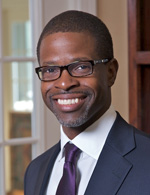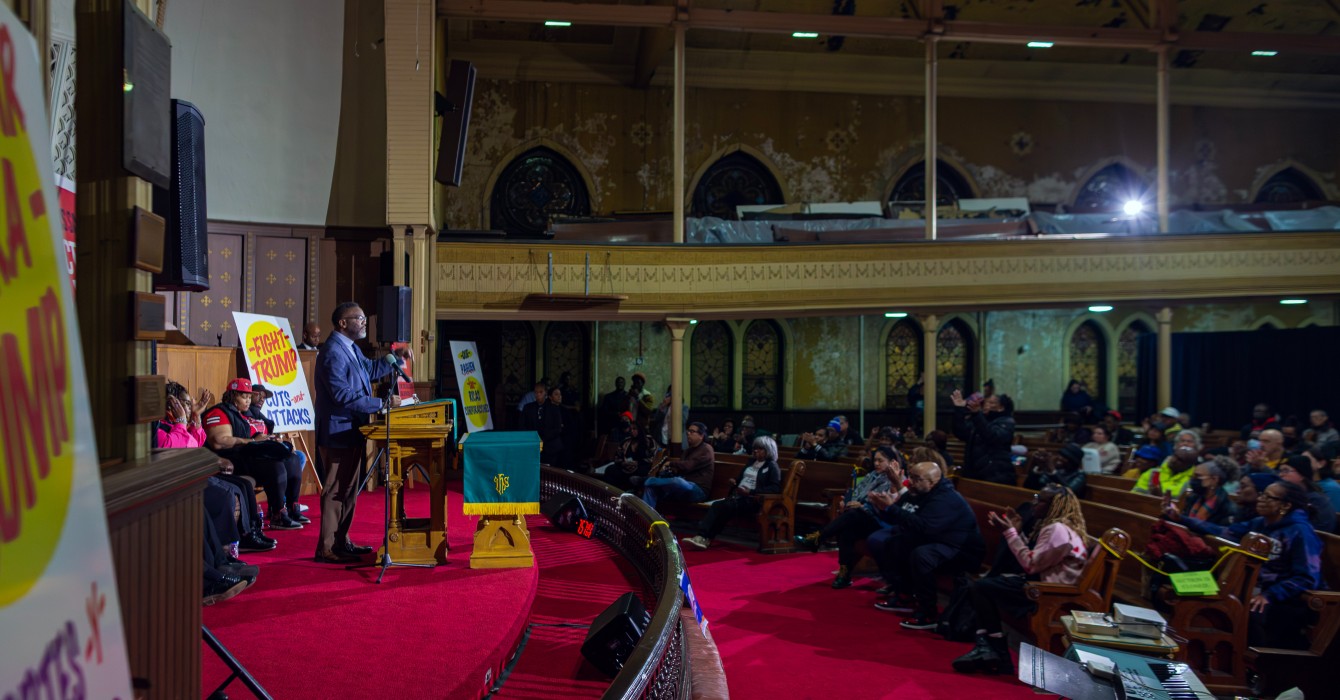I really wasn’t sure how this was going to work. I’ve had a few good ideas in my time that never saw the light of day. For Lent this year we invited the congregation to do something less than novel, yet essential to Christian discipleship -- we asked them to read the Bible.
We tagged the series, “Four by forty: Four gospels in forty days.” The plan has been to read through the four gospels thematically during the forty days of Lent.
What I have discovered so far has been quite encouraging and revealing.
Each week I write six reflections on six gospel texts and send out weekly guides via email on Sunday night. Almost twenty-five percent of our worship attendees have signed up to receive the weekly guides electronically. We make available copies of the guides to those who do not have email or simply prefer not to use it. I cannot figure how many people are picking up the paper copies, but I do know that no matter how many copies we provide they all disappear.
The daily reflections include a time for silence, a Scripture reading, a reflection, questions for application and a suggested focus for prayer.
I preach from one of the weekly texts on Sunday and facilitate a discussion on all of the weekly Scripture passages in Bible study every Wednesday night. Bible study attendance increased more than fifty percent and has held steady. The discussions are lively. One member told me it’s his favorite series of all time and that he’s finally getting a sense of how all of the stories fit together.
We’re nearing the end of Lent and this series has been a revealing discipline for me, too. The routine of writing six devotions, framing a Bible study discussion and preparing a sermon demands that I “clear the clutter” and focus on the essential tasks of pastoral ministry. It probably doesn’t hurt that I gave up television for Lent. Oh, how I really hated to miss the NCAA Championship game!
The apostles in Acts also said that it was not right for them to “neglect the ministry of the word of God.” If we ministers of the Word are not careful, the urgent demands of congregational leadership can pull us away from tasks we cannot routinely delegate, like preaching and teaching.
This series also confirms a suspicion I have had for some time. Sunday sermons are not sufficient to bring about sustained spiritual engagement and transformation. People’s lives are filled with so much “stuff” that they deeply need grounding in the fundamentals of the Christian life, like reading Scripture in community.
It turns out that people actually want more. Today’s pastoral leaders need to be prepared not only to deliver powerful, relevant sermons, offer compassionate care and provide servant-leadership, but also to invite people into a deeper dialogue with the practices of our faith. People want to be engaged. They want to be in community. They want to study. They want to grow.
Jesus was right. We do not live by bread alone, but by every word that comes from the mouth of God.
Prince Raney Rivers is pastor of United Metropolitan Missionary Baptist Church in Winston-Salem, North Carolina.







